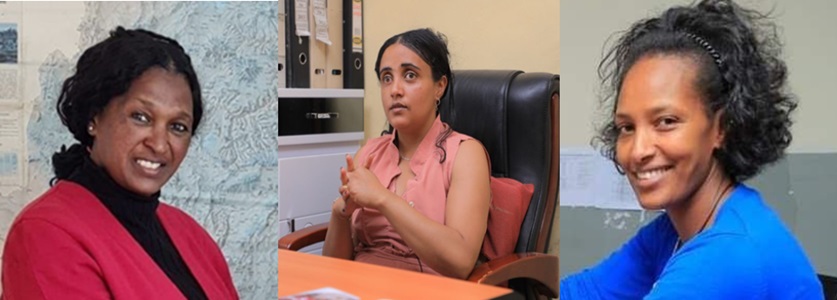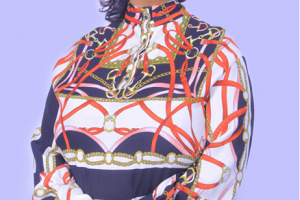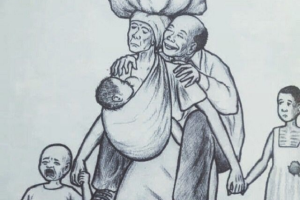
Several researches have indicated that broader inclusivity in the formal peace process of civil society as well as women increases the credibility of the process and contributes to the sustainability of agreements reached.
One and a half year has already elapsed since Ethiopia has established the Ethiopian National Dialogue Commission (ENDC) with an objective of bringing sustainable solutions to the nation’s old-aged problems and mending historical discords that are testing the country for the past few years.
This commission commits itself to involve all segments of the society through representing people who take part in agenda setting as well as in the national dialogue. Women, farmers, youth, pastoralists, community leaders, marginalized segments of the society; Internally Displaced Persons (IDPs) are amongst the structurizations that are identified by the commission to take part in the dialogue.
Thus, the commission is expected to create conducive conditions for the national consensus through identifying the root cause of deep division and discord among the people by undertaking a national dialogue to achieve lasting peace.
ENDC has given due emphasis on making the dialogue more inclusive, participatory, credible and transparent. During an interview with The Ethiopian Herald, Commissioner Yonas Adaye (PhD) underlined that the commission not only ensures women’s meaningful participation but it also prioritizes allowing them to contribute to the process in general.
Since holding inclusive and participatory national dialogue is a critical step, several activities have been carried out to embrace various members of the society where the commission holds different discussions with these structurization in more than five states and two city administrations.
It has also been providing training for civil society organizations, women organizations, political parties, religious leaders, among others so as to help the commission in expediting participant selection as well as agenda setting activities.
As to him, besides their representation as one segment of the society, special effort has been exerted to involve more women in the identification process in which 50 people are selected from each structurization.
As one of the partners of the commission, Civil Society Organizations (CSOs) mentioned that they are playing an important role for an inclusive and transparent national dialogue.
Helen Tilahun, a Lawyer and Manager of New Life Charitable Organization told the Ethiopian Press Agency (EPA) that the organization has been dedicating to make the dialogue more inclusive through mobilizing persons with disabilities and others that have not been addressed.
She stated that the organization is working by giving due emphasis on discussing with community representatives as scheduled by the National Dialogue Commission.
“Ethiopia is capable of realizing the national consensus as the country has drawn valuable lessons from different countries such as Rwanda and is ready for forgiveness and close talks which help the process to be inclusive,” she underscored.
By the same token, Egna Legna Youth Health Development Charitable Organization Founder and Manager, Fetlework Mitiku mentioned that her organization is working vigorously in sensitizing the society about the significance of National Dialogue in Shashemene Town.
She added that they have been able to involve more than 200 young volunteers though much more effort is expected. Therefore, it needs to work from the high level to the lower level of the community, she added.
“There is an attitude among the majority of the society that individual’s participation would not make any difference for the national dialogue,” Tsedale Kinefu, Manager of New Bright Community Development Center, stressed.
She underlined that the assumption needed to be corrected adding that the organization has taken an important training from the National Dialogue Commission that helps to create awareness among the community.
Her organization along with similar charitable organizations identified youth members to assist the national dialogue commission realize its goal, as to her.
The Manager further emphasized on the need to evaluate ENDC’s activities since the inception phase and drawing experience from other countries as it would allow the commission to achieve its plans.
“We will also continue working on the matter to take vital experiences about national consensus, reconciliation, and similar issues,” she underlined.
Despite the fact that the role of women mostly remains invisible and undervalued in peace building processes as well as conflict prevention activities, it is vital to note that involving more women would contribute to resilient and sustainable peace for any country.
BY BETELHEM BEDLU
THE ETHIOPIAN HERALD THURSDAY 9 NOVEMBER 2023





